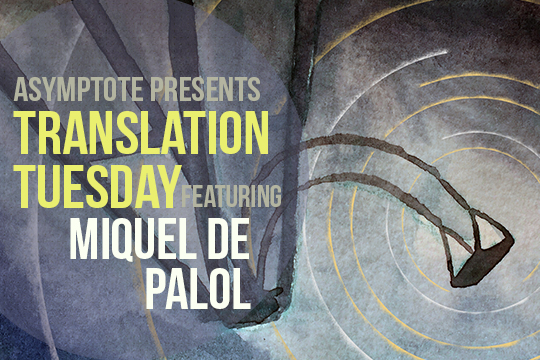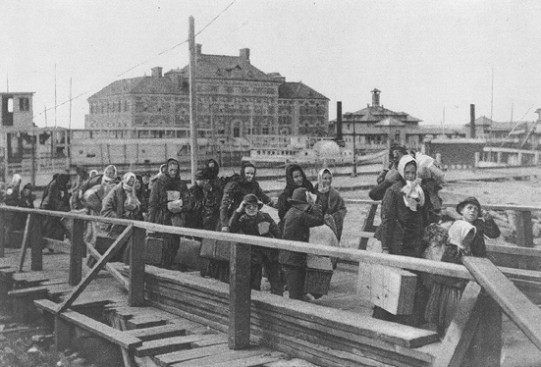In Trump’s America, a Muslim-American filmmaker living in Los Angeles discovers that art meets reality.
The night of the US Presidential Election felt like a moment that could have been stolen from a David Lynch film. At once surreal and subversive, yet strangely fitting, Donald Trump was chosen as the President of the United States. Like Lynch’s own protagonists, an eerie detachment swept over me as I witnessed Trump take the stage to deliver his victory speech.
As a Muslim-American and a son of immigrants, that nightmarish disbelief turned into anger and resentment when I awoke the next day. How could a country built by immigrants on the bedrock of religious freedom elect a candidate who prided himself on xenophobia, racism, and religious intolerance? Yes. I’ve heard the many arguments showing that Trump supporters had very real concerns about the economy and individual prosperity that outweighed worries about his racist and misogynistic rants. But in one fell swoop, my perspective on the American electorate and the promises of this country changed dramatically.
In better times, I imagined the American Dream much the same way Francis Ford Coppola envisioned it in The Godfather, Part II:
Thousands of immigrants rise to their feet and stare at the Statue of Liberty with hope in their eyes as they head to Ellis Island. The camera pans to capture individual faces. The Godfather theme crescendos and then fades away. Cut to a young Vito Corleone standing in line at the Ellis Island Immigration Station. He’s interviewed by an immigration official and sent to quarantine. Fast-forward sixteen years. Vito lives safely in New York with his wife and infant son, over 4,000 miles away from the torment of mob-ruled Sicily.
That is a place where hard work, loyalty, and intelligence get rewarded. Sure, Coppola romanticizes the sometimes harsh facts of the early 20th century. Living in New York’s Little Italy during the 1920s, Vito’s meteoric rise from squalor to fortune has a fantastic quality. We don’t see the America with deep racial divides or a country on the verge of economic collapse. But that idyllic portrayal represents an image that immigrant families have clung to for centuries as they arrived in the United States.
It’s been over two weeks since the election, and the reality of a Trump presidency along with a Republican majority in the House and Senate has begun to settle. But a sense of safety, trust in our neighbors, and a greater vision for a pluralistic society have been lost in the face of an increase of reported hate crimes that personify Trump’s hateful campaign rhetoric.
In some ways, I consider myself lucky in that regard. Outside of my brown skin and the beard on my face, there aren’t many symbols that make me easily identifiable as a Muslim. Verbal and physical attacks appear to be reserved for Muslim women, who are easily recognized by their headscarves.
The country also faces an enormous political divide as protesters march in the streets in over a dozen cities to let their disaffection be known. President-elect Trump continues to vilify his opposition through Twitter and criticize the mainstream media. The events since the election are a far cry from the American Dream Coppola portrayed in The Godfather, and even David Lynch’s peculiar world no longer serves as an adequate metaphor for the current state of affairs. Instead, I find myself thinking of Martin Scorsese’s Gangs of New York and its depiction of the violent, nativist reaction to Irish-Catholic immigration in the 1860s.
But succumbing to that kind of negativity is a trap that leads to cynicism. Throughout the week I’ve witnessed glimmers of hope and courage from my own community. Three days after Trump’s win, the Islamic Society of Southern California’s interfaith allies from the Episcopal Church, in collaboration with local synagogues, stood in front the mosque’s doors with signs of solidarity. Later that week, I joined a group of protesters in downtown Los Angeles, where we chanted “No Hate! No Fear! Immigrants are welcome here!”
Donald Trump started his campaign on the vague promise of making America great again. By the looks of it, he’s already inspiring greatness by bringing out the best in those of us who can no longer sit idly by in this new America. Let’s just hope he meets us halfway.
Jawad Qadir is a writer and filmmaker based in Los Angeles.
*****
Read More Essays:


